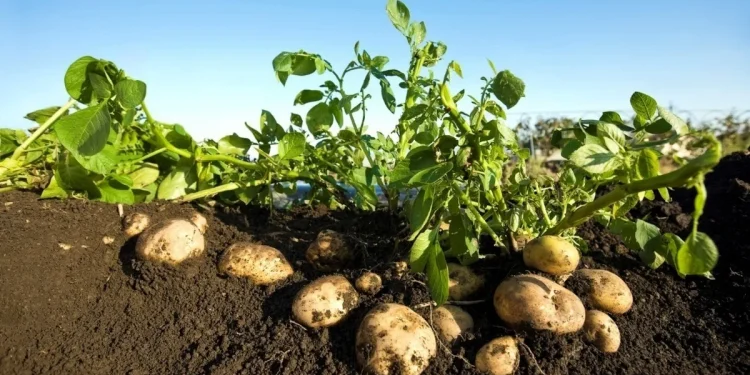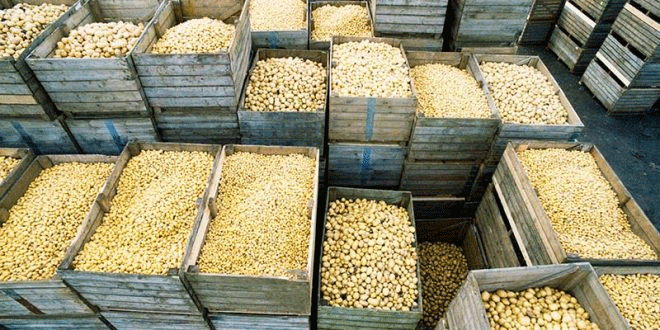Proposed water reserve determinations in South Africa’s Sandveld region could drastically increase potato prices and disrupt local economies.
The potato industry in South Africa is facing a potentially severe crisis due to proposed water usage restrictions in the Sandveld region of the Western Cape. The Department of Water and Sanitation (DWS) has issued a draft water reserve determination for the F60 and G30 catchments in the Berg-Olifants water management area, which could have significant implications for potato production and pricing.
The DWS has suggested a 30% reduction in water extraction for agricultural purposes to ensure sufficient water availability for the region’s population and environment. This proposed cut in water use could result in a substantial decrease in potato cultivation, with up to 30% of the hectares under potato production potentially being taken out of operation. If implemented, this restriction could lead to a dramatic increase in potato prices, similar to the spikes seen at the end of 2023.
FP Coetzee, Potatoes SA’s manager of information and regional services, highlighted the potential for a severe price increase if the restrictions are enforced. Last year’s reduction of 1600 hectares of potato planting due to load shedding led to a 173% price increase, with the cost of a 10kg bag of potatoes rising from R42.87 to R72.92. A 30% reduction in water usage could decrease production by approximately 2100 hectares, potentially causing potato prices to soar further.
Potatoes SA acknowledges the necessity of water resource management but expresses concern over the scale of the proposed restrictions. Willie Jacobs, CEO of Potatoes SA, emphasized that such stringent measures could lead to unaffordable potato prices, which would impact food security for many South Africans. The consequences could extend beyond food prices, affecting local economies, leading to job losses, social unrest, and economic disparity.
The Sandveld region is crucial for South Africa’s year-round potato supply, with approximately 57 farmers cultivating nearly 6000 hectares and employing over 6000 people. The area’s production stability is vital for fresh produce markets across the country, as other potato-producing regions are situated approximately 700km away. The local government could also experience a decline in tax and VAT revenue by around R300 million per annum if potato production decreases significantly.
As the DWS’s draft proposal moves through the regulatory process, stakeholders in the potato industry are closely monitoring the situation, advocating for a balanced approach that safeguards both water resources and agricultural productivity.







